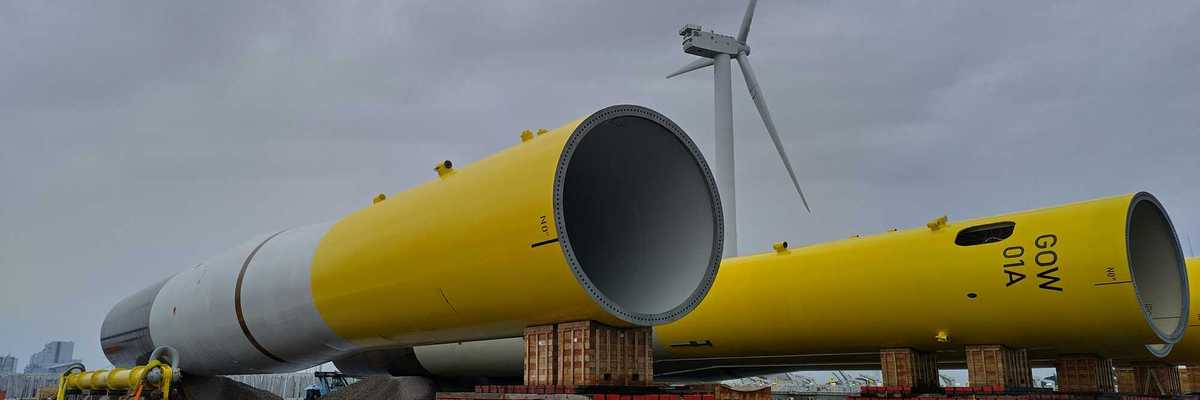insect decline
The world may be losing its tiny pollinators
Insects are disappearing globally, and while data is difficult to parse, the loss threatens ecosystems and food production.
In short:
- Insect populations are declining due to climate change, habitat loss, and pesticide use, raising concerns about pollination and food security.
- Despite the alarming trends, data on insect decline is inconsistent, making it hard to gauge the full extent of the problem.
- Volunteer-led initiatives and studies suggest that the issue is serious, with some insect populations down by over 75% in certain regions.
Key quote:
“We could not feed the global human population without pollinators.”
— Dave Goulson, professor of biology at the University of Sussex
Why this matters:
While we might cheer the absence of mosquitoes on a summer night, the bigger picture is alarming. Without these tiny powerhouses, our food systems, natural environments, and even human health could take a serious hit. Read more: Silent Earth: Averting the insect apocalypse.
Bird populations in the Amazon are declining without clear cause
Bird populations in the Amazon's Yasuní Biosphere Reserve have mysteriously dropped by half over 23 years, with climate change being a potential culprit.
In short:
- The number of birds in Ecuador's Yasuní Biosphere Reserve has halved, according to a recent study.
- Researchers suspect climate change as the primary cause, despite the area being largely undisturbed by human activity.
- Similar declines have been observed in other tropical regions, indicating a broader environmental issue.
Key quote:
“There’s something called the dawn chorus, which is typical in tropical forests where lots of birds sing just before dawn. And over the last 10 years, that has just been going quieter and quieter with very few birds singing in the morning.”
— John Blake, University of Florida professor
Why this matters:
This decline in bird populations, even in pristine habitats, is indicative of the far-reaching impacts of climate change, raising alarms about the future of biodiversity in tropical ecosystems. For more, read our series, Winged Warnings: What birds are telling us about our planet's health.
Air pollution's destructive impact on moth pollination
Car exhaust byproducts are disrupting moth pollination by degrading the floral scents essential for attracting these nocturnal pollinators, according to a new study published in the journal Science.
In short:
- Air pollution, particularly ozone and nitrate radicals from car exhaust, impairs moths' ability to locate evening primrose flowers by altering the flowers' scent.
- This reduction in pollination could significantly affect the reproduction of plants reliant on nocturnal pollinators, with broader implications for ecosystems and human food security.
- Despite the challenge, reductions in these pollutants since the 1980s show potential for improvement through further environmental protections and shifts to greener energy sources.
Key quote:
"Pollinators play a huge role in community ecology; they’re critical for the fitness of plants. If you affect that, then you’re going to have ecosystem-wide impacts."
— Jeff Riffell, co-senior study author and a biology professor at the University of Washington
Why this matters:
This research points to the complex ways in which pollution interferes with essential biological communications and the broader ecological balance.
Wales becomes first country to map important areas for insects
Editorial: The Guardian view on insects: gardeners can help reverse their alarming decline
With different planting, and by rejecting insecticides, even small green spaces can promote biodiversity.









